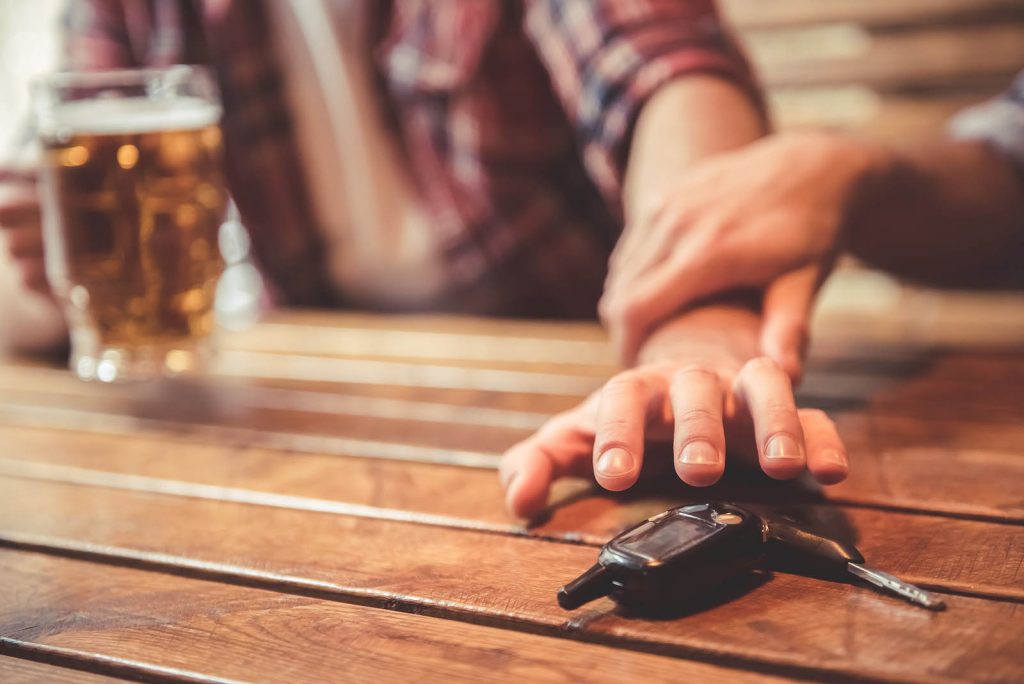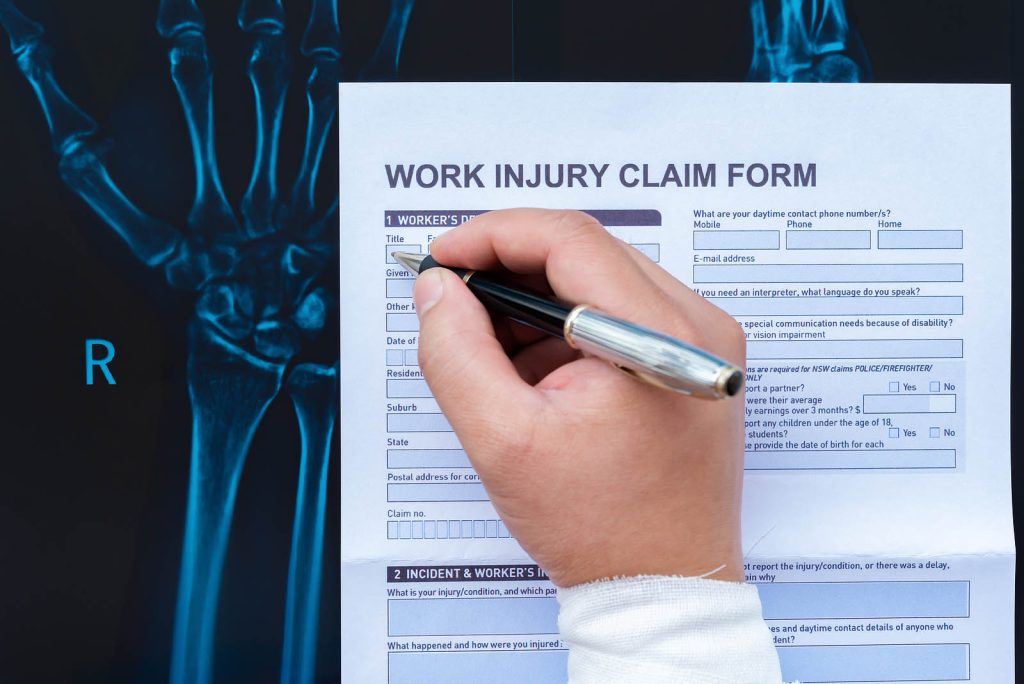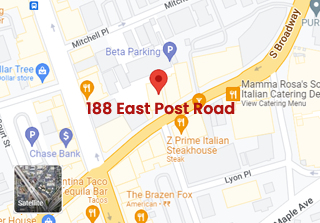Impaired driving charges have different jargon in New York than they do in a lot of other places, which can make an impaired driving charge that much more frightening and confusing. First of all, the state of New York does not refer to drunk driving charges as driving under the influence (DUI). Instead, New York laws use the phrase driving while intoxicated (DWI). In many states, aggravated impaired driving charges involve scenarios where a driver causes more risk than usual, often to those in vulnerable positions. Having minors in the vehicle is a common aggravating factor for impaired driving charges. However, that is not what constitutes an aggravated DWI in New York. Understanding the terminology in your charge will be the first step toward figuring out how to defend yourself against impaired driving charges.
An Aggravated DWI In New York Refers To Extreme Intoxication
What New York calls aggravated DWI some other states called being “super drunk.” When you drink, your blood alcohol concentration (BAC) reflects how impaired you are. The higher your BAC, the greater the impact alcohol will have on your motor skills and decision-making. To keep the roads as safe as possible, there is a legal limit of 0.08% BAC for those driving. Anyone whose BAC is at or over the legal limit could face charges if the police stop them or if they cause a crash. However, you could drink substantially more than what would make you legally drunk and still get behind the wheel, which might make you even more dangerous than the average impaired driver. If chemical tests show that your BAC is 0.18% or higher, you could very well find yourself facing aggravated DWI charges under New York law.
Aggravated DWI Offenses Carry More Significant Penalties
As you can probably already guess, an aggravated offense is more serious in the eyes of the law than a standard DWI. You will face at least double the fine and double the length of the suspension of your license when compared to a standard DWI offense. A first-time aggravated DWI could mean between $1,000 and $2,500 in fines, as well as the loss of your license for a year. A standard first-time DWI usually only means a fine of $500 to $1,000 and six months of license revocation. Defending against a DWI is usually a wise move, but it’s particularly important for those with previous offenses or those facing aggravated charges.








